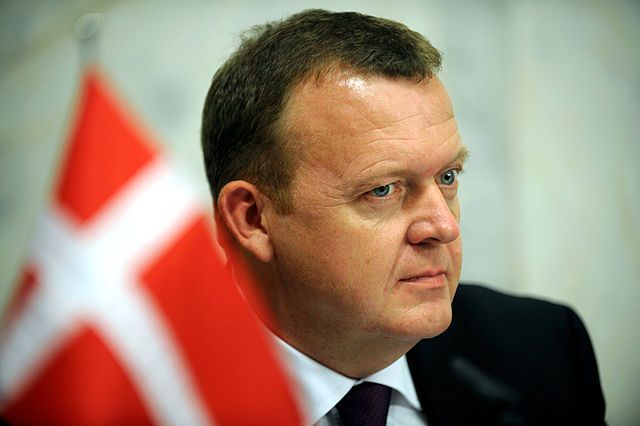Denmark is introducing controls along its border with Germany with immediate effect.
PM Lars Lokke Rasmussen made the announcement at a news conference today, where he was accompanied by three ministers: Inger Støjberg (immigration), Søren Pind (justice) and Hans Christian Schmidt (transport).
“This is a major step that must of course be viewed in the light of the serious migration and refugee crisis facing Europe,” said Rasmussen.
“This is perhaps the largest and most complex crisis we have seen this century.”
Temporary?
Rasmussen said that since September, more than 91,000 refugees have come to Denmark, with 13,000 of those seeking asylum in the country. The rest have “probably moved on to Sweden and Norway”, he said.
The temporary border controls will initially last for 10 days but can be extended.
Rasmussen said that while police will be checking IDs at the German border, not every car or traveller will be stopped.
“The police will not ask everyone to show their passports,” he said.
New Swedish laws requiring border checks came into effect at midnight. Swedish authorities estimate that as many as 80 percent of the refugees and migrants entering Sweden do not have a valid ID.
Caught in the middle
The Danish government has been caught between Sweden and Germany, which have both criticised Denmark for not taking in enough refugees.
READ MORE: Border issues making Jutlanders nervous
While Sweden has been pressing for controls at the Danish-German border, the German authorities have said that it is a very bad idea.













